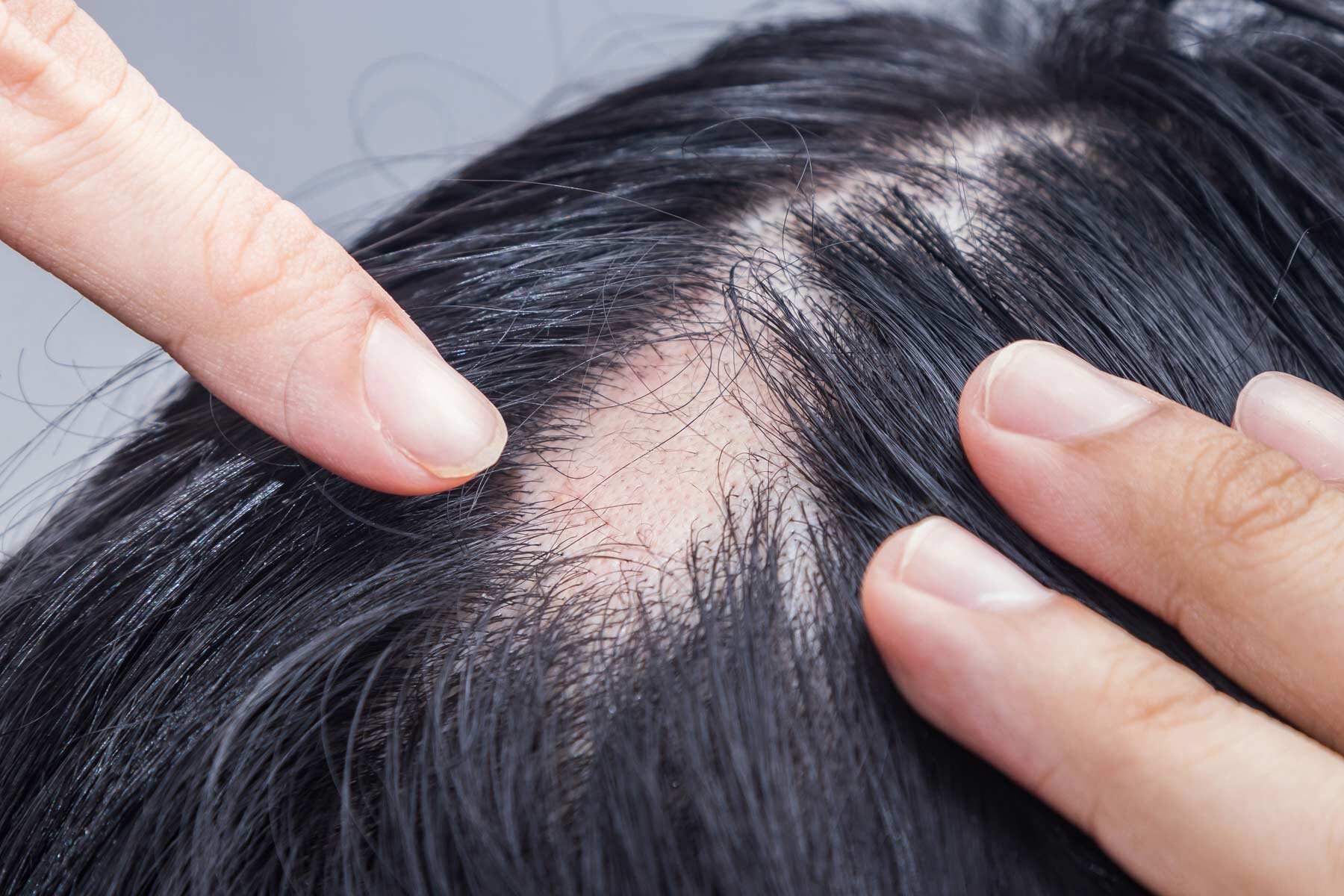
Alopecia Areata
Alopecia areata is a type of hair loss that occurs when the immune system attacks the hair follicles, causing the hair to fall out. It is an autoimmune disorder that can affect people of all ages, although it is more common in people under the age of 30. Alopecia areata can affect any part of the body, but it most commonly affects the scalp.
Symptoms of alopecia areata may include sudden hair loss, patchy hair loss, or complete loss of hair on the scalp or other parts of the body. The hair loss may be accompanied by itching, tingling, or a burning sensation on the scalp. In some cases, alopecia areata may cause no symptoms at all.
The exact cause of alopecia areata is unknown, but it is believed to be related to genetics and an autoimmune reaction. It is not contagious and is not caused by poor hygiene or other external factors.
Treatment for alopecia areata may involve the use of medications, such as corticosteroids, minoxidil, or topical immunotherapy, or a combination of these treatments. In some cases, a healthcare provider may recommend a scalp biopsy or other diagnostic tests to help determine the cause of the hair loss.
In addition to treatment, there are several steps you can take to help manage alopecia areata and reduce your risk of developing this condition:
Avoid unnecessary hair styling or treatments, such as chemical straightening or perming
Use a mild shampoo and conditioner to minimize irritation to the scalp
Avoid tight hairstyles, such as ponytails or cornrows, which can cause traction alopecia
Avoid pulling or rubbing the hair excessively
Eat a healthy, balanced diet to support overall health and hair growth
By following these precautions and seeking treatment as needed, you can help to manage alopecia areata and reduce your risk of developing this condition. If you are concerned about alopecia areata or have any other changes in your hair, it is important to see a healthcare provider for evaluation and treatment.

